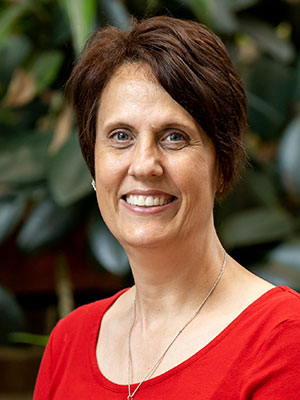
 Catherine Short, Assistant Professor of Nursing
Catherine Short, Assistant Professor of Nursing
& Jessica Johnson, Professor of Practice in Nursing
Teamwork makes the Dream Work
Many of us have participated on a team in high school. We have had experiences with both good and bad teammates. This course will focus on optimal teamwork. Through effective teamwork and collaboration high quality outcomes can be achieved. Nursing students are part of a dynamic interprofessional health care team. Teamwork is part of professionalism, which is an essential component of Nursing. This class focuses on developing skills of accurate, evidence-based oral and written (APA style) communication that effectively foster professionalism and teamwork. Interactive class activities will help build these skills which will contribute to the core components of the caring nurse.
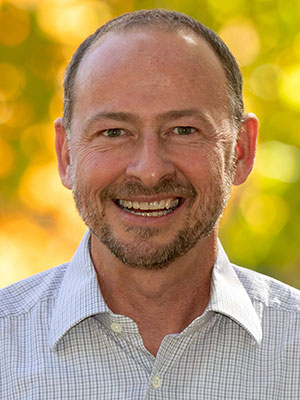 Richard Phillips, Associate Professor of Biology
Richard Phillips, Associate Professor of Biology
You're an Animal
If you were a non-human animal, what would you be? Over the course of the semester, we will examine your favorite animal by learning about the field of ecology. Using ecological principles and a little physiology, we will examine how your animal interprets the world around it and how it interacts with other organisms. At the end of the semester, you will relate to classmates what it's like to be you (the non-human animal you).
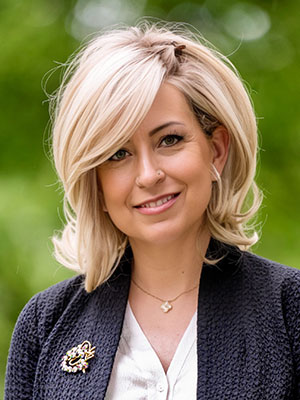 Heather Wright, Associate Professor of Political Science
Heather Wright, Associate Professor of Political Science
Law, Human Rights & Pop Culture
Why do we continue to subject one another to abuse, torture, and genocide, when so many human rights declarations and laws exist? Why is there such a difference between our theorizing about rights and our practice of rights, not only abroad but in the United States? Why do some people abuse human rights while others respect them? Much of the answer lies in cultural practices of representation and in the daunting power of ideology. This course takes as a starting point that it is impossible to separate popular culture and politics and assumes that fact and fiction help create each other: film, television and social media not only reproduce but normalize (make acceptable) ideology. How are human rights struggles represented in visual media and text? What is the role of film, literature, and social media in cultivating or impeding respect for human rights?
 Stephanie Little, Professor of Psychology
Stephanie Little, Professor of Psychology
Mental Health and the Media
This course will examine how mental health and mental disorders are portrayed in the media as well as how media (e.g., social media, movies) impacts people's mental health and well-being.
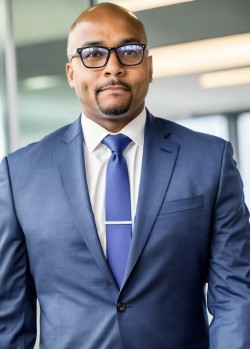 Chad Sloss, Assistant Professor of Sociology
Chad Sloss, Assistant Professor of Sociology
First-Year Lessons of Success and Sustainability
This first-year course will familiarize students with the social tenets and academic expectations of college. Firstly, students will learn time management skills and how to create balance within their social, work, and academic life. Secondly, students will learn conflict management skills within a variety of environments and contexts and furthermore learn how to engage in civil discourse on-campus and in the community. Thirdly, students will learn to build their career based on intrinsic interests and passions, and furthermore, be exposed to various career outlets related to sociology, anthropology, and criminology. Lastly, students will participate in interactive and engaging activities that stimulate an interest in research. Students will thoroughly investigate popular culture such as music and current events from a sociological perspective.
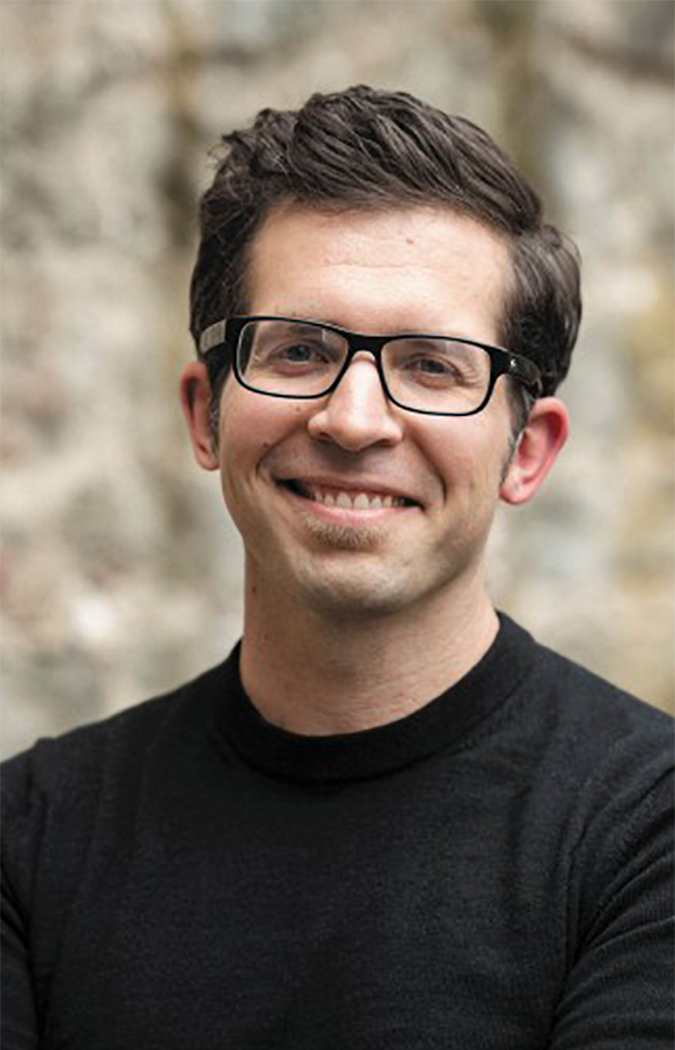 Andrew Graff, Associate Professor of English; Director of Creative Writing
Andrew Graff, Associate Professor of English; Director of Creative Writing
The Feel-Good Book Club
Do the stories we tell ourselves matter? An emerging genre in contemporary fiction described as “Up-Lit” suggests they do. With eyes wide-open to the struggles and hardships in today’s world, these Up-Lit authors have decided to tell stories marked by compassion, hope, healing, empathy, joy, rest, and redemption. This course provides opportunities to read and discuss an edifying stack of contemporary, critically acclaimed novels, exploring the power of Up-Lit fiction for personal and cultural well-being. Read great novels. Be uplifted. Uplift others.
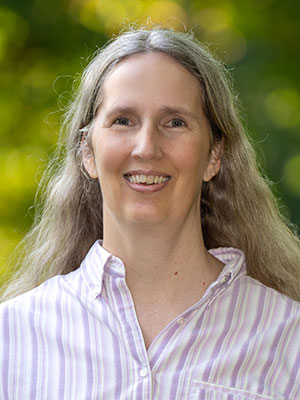 Cathy Pederson, Professor of Biology
Cathy Pederson, Professor of Biology
Power of Addiction
This section will explore the powers of addiction and its impact on the physical, psychological, and social wellbeing. Treatment of drug addiction will also be addressed. Students will work with peers, faculty, and campus resources to engage meaningfully with society’s approach to addiction. Students will work with peers, faculty, and campus resources to engage meaningfully with the problem and society as a whole.
 Amanda McLellan, Director of Thomas Library
Amanda McLellan, Director of Thomas Library
Being Human in the Age of AI: Navigating College and Beyond
In this exciting and interactive course, you’ll embark on a journey to explore what it truly means to be human in a world increasingly shaped by artificial intelligence. Throughout the semester, you’ll not only sharpen your college success skills but also delve into the fascinating intersection of technology and humanity. Engage in thought-provoking discussions, collaborate on creative projects, and tackle real-world ethical dilemmas while discovering how AI influences every aspect of our lives—from education and career paths to social interactions and personal well-being. This course is designed to empower you with essential tools for thriving in college and beyond. You’ll learn how to effectively navigate campus resources, enhance your critical thinking abilities, and cultivate a sense of belonging within the Witt community.
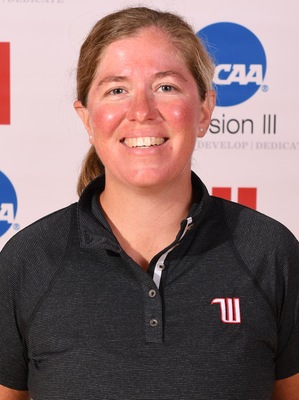 Molly Hopkins, Assistant Athletic Trainer
Molly Hopkins, Assistant Athletic Trainer
The Different Shades of Health
To goal of this FYS is to discuss all areas of health, ranging from physical health to financial health. This will bring an understanding that health exists in many different forms. This course will use peer-reviewed sources to understand how health can affect us in different ways. We will also hear from speakers who are experts in different areas of health.
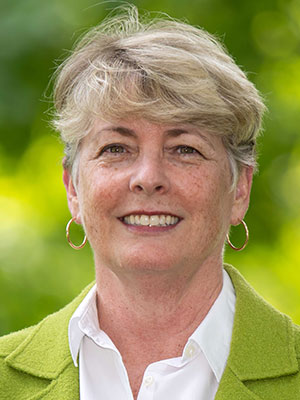 Staci Rhine, Professor of Political Science
Staci Rhine, Professor of Political Science
Media and War
This class explores how the media cover war. While describing and explaining war should be the most important goal of media, we find that the media tend to reflect the county and culture where they are based. That tends to leave citizens without the necessary information to assess war and its implications.
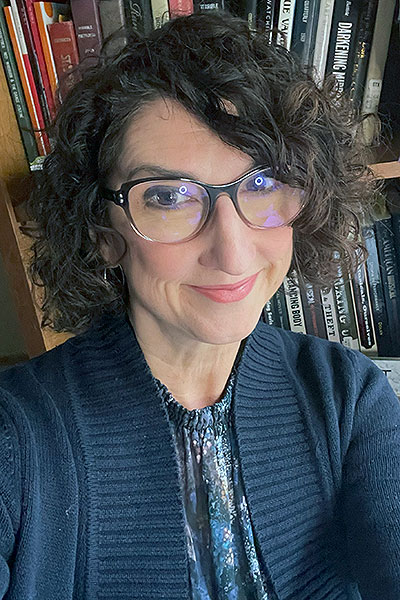 Adrienne Oehlers, Visiting Assistant Professor of Theatre
Adrienne Oehlers, Visiting Assistant Professor of Theatre
Elements of Theatre: From Page to Stage
We need theatre and creative voices in our modern world. Art and entertainment helped us cope during disparate times, providing a sense of community and avenues of discourse. In this first-year seminar, students are introduced to the craft and profession of theatre, with an emphasis on appreciating the process of creating theatre. In addition to learning about the elements of storytelling, cultural reflection, and political engagement, students will also go behind the scenes to explore the production process and the different roles of theatre practitioners who work to bring a play or musical to fruition. This class will learn how to closely examine a play through script analysis and then to expand upon the script through their own creativity.
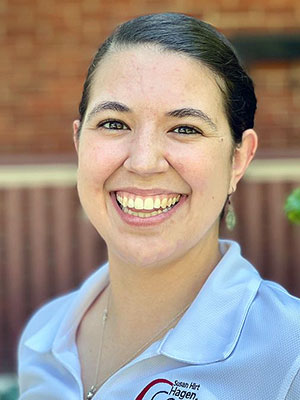 Rachel Scherzer, Assistant Director of the Hagen Center for Civic & Urban Engagement
Rachel Scherzer, Assistant Director of the Hagen Center for Civic & Urban Engagement
Developing Your Leadership Identity
Even as a first-year student, we know you have big plans! Starting here during your Wittenberg experience, then onto your career and life, understanding yourself and how to work with people can be an invaluable to becoming someone who is able to accomplish their owns goals, but to support others around you to be the best they can be. In this course, we will explore how being a leader is more than taking charge, it's finding a way to understanding yourself, organize environments to successfully accomplish projects, and create environments that people want to be a part of. Through activities related to personal identity, leadership theory, and team building, you will learn about yourself, how to be a leader, and ways that can enhance your college experience and future career.
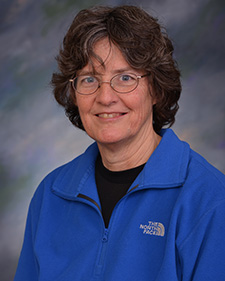 Margaret Goodman, Professor of Biology
Margaret Goodman, Professor of Biology
Exercised: Fitness, Performance and Health
We will explore the genetic and physiological basis for human performance, focusing on the structure and function of muscles, nerves and bones, and exploring the energy systems used to fuel activity. Based on this grounding, we’ll consider training protocols and health recommendations, including approaches for critical evaluation of their efficacy and safety.

